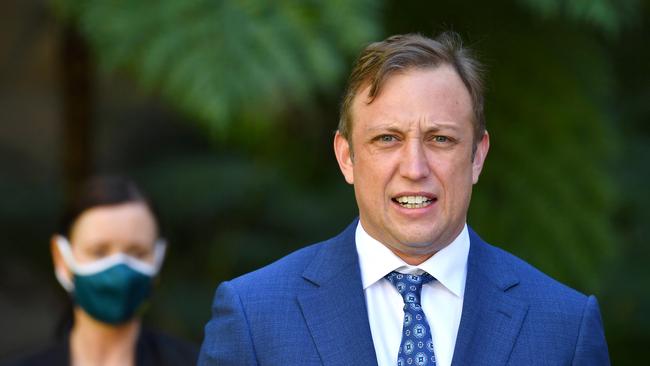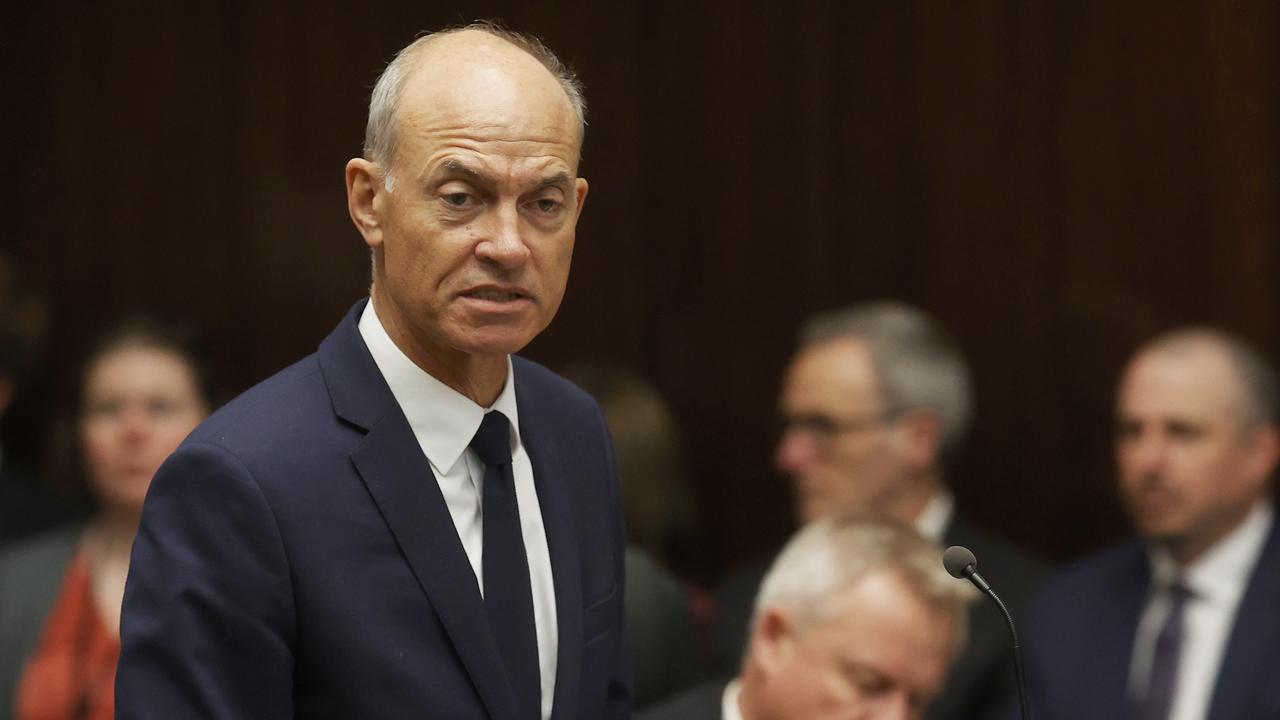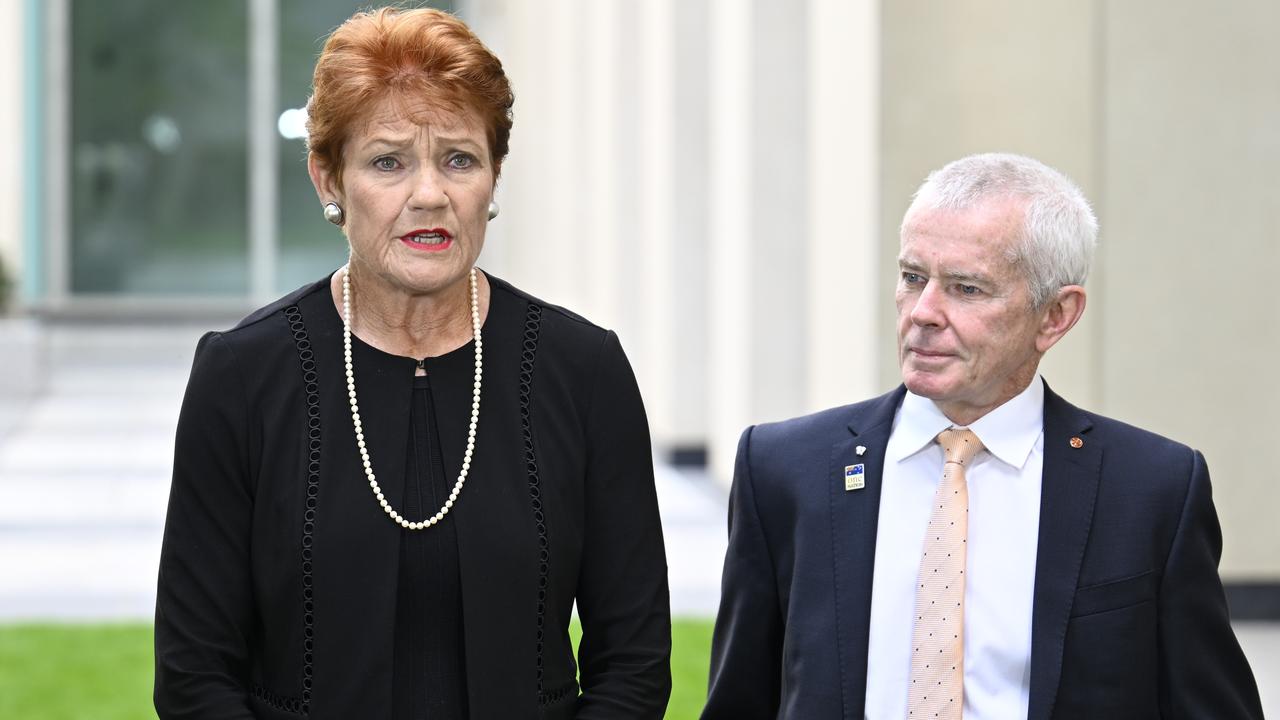Catholic hospitals’ revolt on euthanasia in Queesland
Catholic hospitals will defy Queensland euthanasia laws that force them to allow doctors to administer end-of-life drugs in their facilities.

Catholic hospitals will defy Queensland euthanasia laws that force them to allow doctors to administer end-of-life drugs in their facilities.
Health provider Mater issued a statement on Friday saying it would not accede to the laws signed off by a parliamentary committee on Friday and due to go to a vote next month.
“We will not tolerate non-credentialed doctors coming on site, nor will we assist in the provision of voluntary assisted dying in any of our facilities,” said Francis Sullivan, chair of the Mater group. “There is a practical solution and it will work for all sides of this debate.”
The proposed laws introduced by Premier Annastacia Palaszczuk would give individual health workers and institutions the right to opt out of the assisted dying scheme, except in cases when it would cause “unnecessary suffering” to transfer the patient to another facility.
Catholic facilities provide one in five hospital and aged-care beds in Queensland, and want the right to oppose VAD at their facilities, as is the case with South Australian laws.
St Vincent’s Health Australia, which runs private hospitals at Kangaroo Point and Chermside in Brisbane, accepts the legislation is all but certain to pass next month but remains opposed.
“Allowing unaccredited doctors to enter hospital rooms, with no notice or permission needed, to assist in a medical procedure to help a patient die is a radical and dangerous undermining of patient safety and should be rejected,” said chief executive Toby Hall. “It’s partly why the Queensland Australian Medical Association is so strongly against the lack of protection for faith-based hospital providers.
“It’s also about fairness. The Queensland government is forcing Catholic hospital providers – against our values and beliefs – to open up our facilities to assisted dying. That’s deeply unsettling and shocking to us.”
Deputy Premier Steven Miles said cases where VAD doctors would offer services at faith-run facilities would be “very, very rare”. “It is only those circumstances where it would be unfair … would cause unnecessary suffering to transfer the patient to a provider where those services can be provided,” he said.
Institutions that block people’s access to the assisted dying scheme would not be fined, but doctors and providers could be referred to the medical accreditation watchdog.
“The law reform commission considered whether there should be penalties and determined there did not need to be,” Mr Miles said. “I expect all of our healthcare providers and aged-care providers will comply with the law.”
High-profile seniors advocate Everald Compton, who has supported VAD since 1976, believes people have the right to die in their own home, even if that is a faith-based facility.
“The church has no right to tell them what should happen in their own home,” said Mr Compton, who has served as an elder in the Uniting Church for 62 years.
“Churches are saying this is their right, and their beliefs should be preferenced over having compassion for a person. Well that goes against every tenet of Christianity that I know.
“If a person decides to die this way it is the job of a priest to hold their hand through it.”
Mr Hall said St Vincent’s had not run into “any controversy” in the two years since euthanasia was legalised in Victoria because its legislation does not attempt to regulate institutional objection.
“St Vincent’s runs several large hospitals, including a public hospital, in Melbourne and we’ve found a constructive and respectful way forward on this issue.”




To join the conversation, please log in. Don't have an account? Register
Join the conversation, you are commenting as Logout